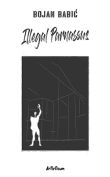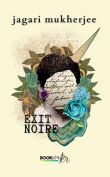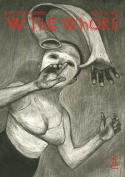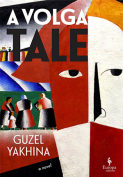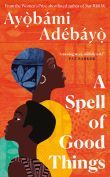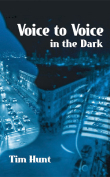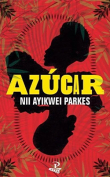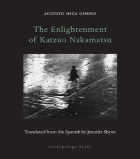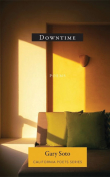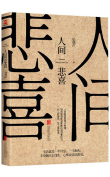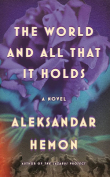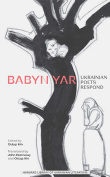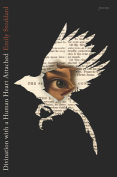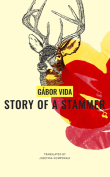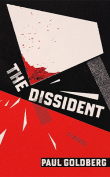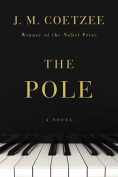The Dissident by Paul Goldberg
 New York. Farrar, Straus and Giroux. 2023. 410 pages.
New York. Farrar, Straus and Giroux. 2023. 410 pages.
Dramatic irony is one of the basic theatrical devices. It works by withholding certain knowledge from a character, while sharing that knowledge with the audience. In performances for children, this trick is often used for comic effect, as it plays directly on the child’s innocence—which is to say, the child’s incapacity for irony. Not being able to appreciate irony, the child’s laughter is solicited by way of the incongruence between the stage and the house. With his novel The Dissident, Paul Goldberg perhaps has created a unique further comical application of dramatic irony: in this Soviet-era thriller about the Jewish intelligentsia of Moscow, great stakes are put on the interplay between the English-language main text and the Russian renditions of parts of dialogue in footnotes.
These notes, more often than not, come with a disclaimer underlining the untranslatability of a joke or concept. This makes the Russian dialogue the very set piece that is at the same time revealed and concealed, the hidden information that is showed to the spectator: we can observe it; we must not believe we are privy to it. Indeed, the use of the Cyrillic means that these phrases and dialogues are not translated but instead displaced to a different context, wherein a Russian reader may have their fun, through many wonderful and unknown ways, laughing at these same jokes.
At the center of the group of Muscovite intellectuals around which The Dissident is set up are Viktor Moroz and Oksana Moskvina, a young couple who, from their wedding day, are ensnared in a murder mystery—a double axe murder, in fact; Dostoevsky’s Crime and Punishment is a constant reference, just as Chekhov’s The Cherry Orchard, Pushkin’s Evgeny Onegin, and, more importantly, the deals with Satan from Bulgakov’s The Master and Margarita. Each of these canonical works provides a key motif to Goldberg’s book, the unpacking of which would exceed the limits of this review. Yet the peak of the novel, in an ethico-poetical sense, is the telling of the fate of Peretz Markish, David Hofstein, Itzik Fefer, Leib Kvitko, and others: the night of the murdered poets in Lubyanka prison, August 12, 1952.
Indeed, The Dissident is a novel about poetry and espionage—the secrecy of the language brought out, then, on three levels: the untranslatability of Russian vernacular, the significance of Russian and Jewish poets to a particular Russian ethos, and that of the dangerous work of spies and double agents, the KGB and CIA and the Soviet human rights movement of the 1970s. The Dissident is at its most impressive and immersive when it makes us reflect on and be swept away with the courage of such characters that give poetry a central place in their political lives—the ethics and magnanimity of their stance, and how it appears to be absent completely as a paradigm today.
When it engages this tradition, The Dissident is nothing less than awe-inspiring, while the espionage thriller-component of The Dissident demands resolution, obviously, and as such, it disappoints somewhat. There is a clear change in gear when the key characters ultimately coordinate their efforts and hurry to solve the crime, and from that moment, the focus on the dissident’s way of life is lost. As the young lovers tell each other: “It can never happen again.” “You mean so much nobility assembled in one place?” Perhaps they are right, but this a minor complaint, and The Dissident is a vital piece of storytelling.
Arthur Willemse
Universities of Maastricht and Hasselt
